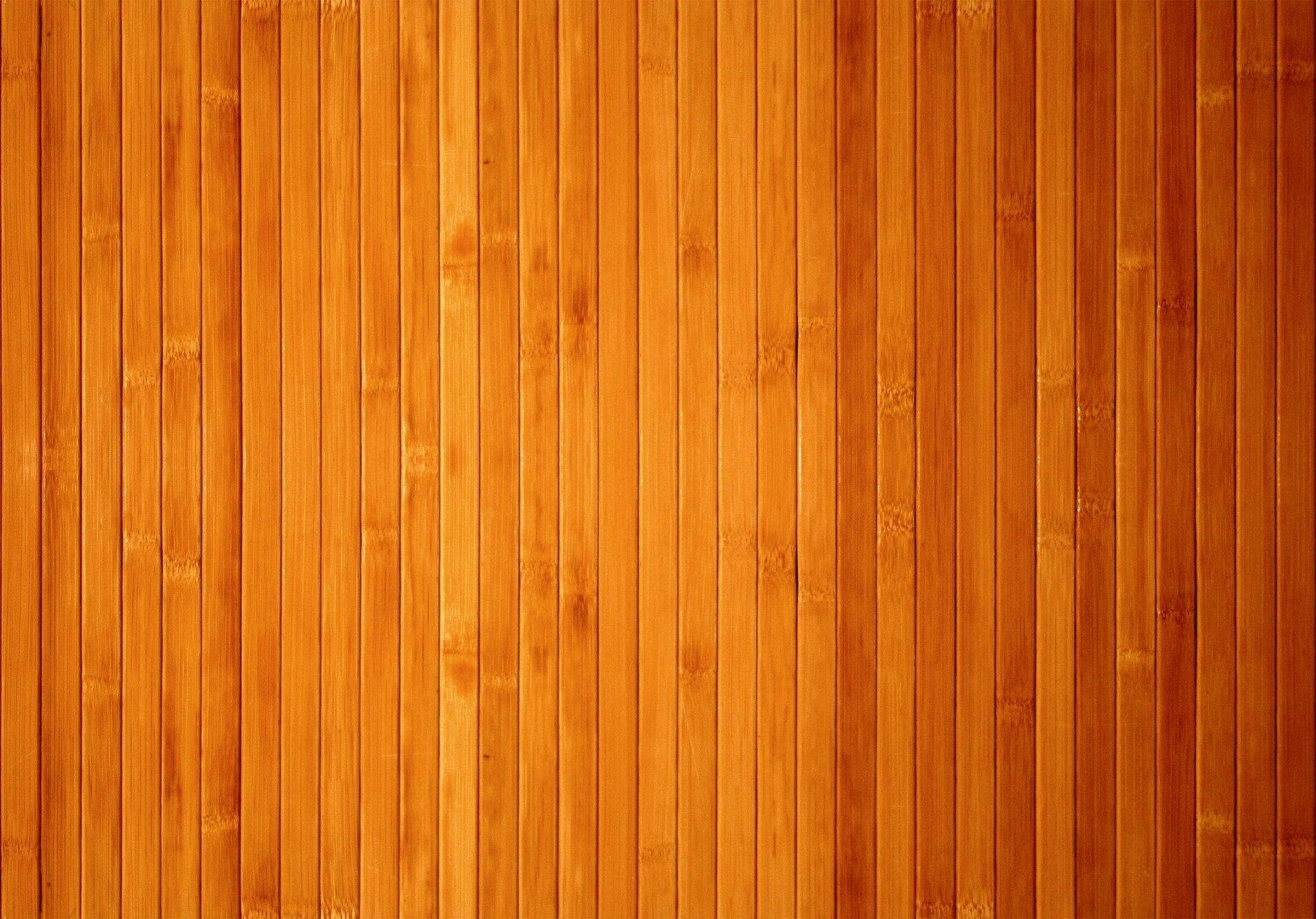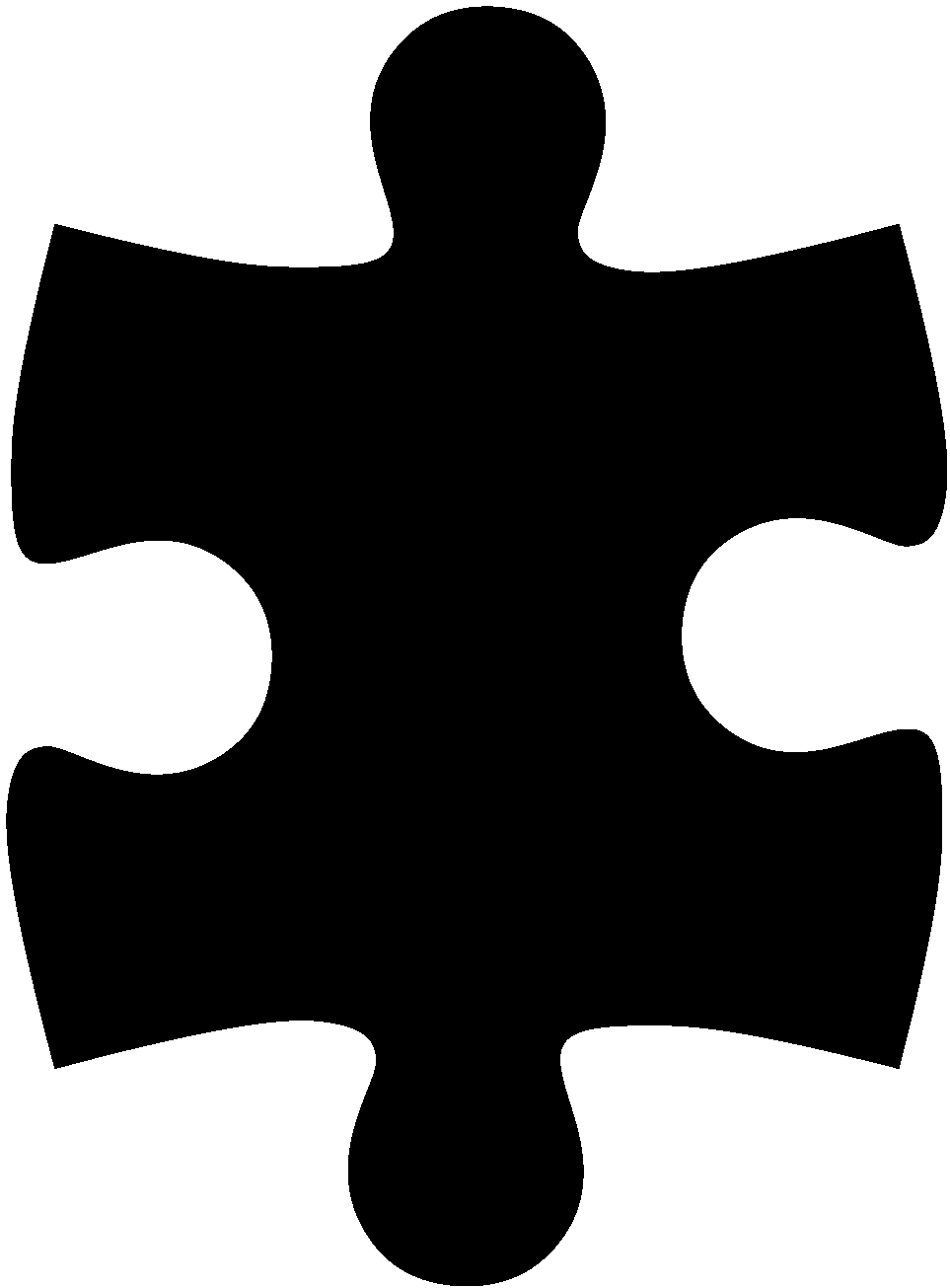The Catholic feast of All Saints Day traces its origins in the Church back to the year 609 and was originally celebrated in May. However, in the 9th century, Pope Gregory IV moved the holiday to Nov. 1, so that Oct. 31 became the preparation evening for the feast – All Hallow’s Eve. He also moved All Souls Day, honoring the dead, to November 2nd, and eventually these two festivals were essentially merged into one. One honoring all the saints, including the unknown saints, and the other praying for the souls held in purgatory.
Halloween is one of the most popular celebrations in North America, yet most people would be surprised to learn that it has its origins in Ireland thousands of years ago. In Celtic Ireland, it started as a celebration known as Samhain (pronounced 'sow-in' or 'sow-een' in Celtic Irish) which took place on the evening of October 31st, and lasted into the following day, November 1st.
In Irish tradition there were four fire festivals, called Samghnagans, which marked the seasonal changes. Samhain was the last of the four for the year, though in ancient Celtic tradition, the year was really divided into only two parts - the dark season (Samhain) and the light (Beltain).
Samhain bon-fires were thought to have protective, and cleansing properties and were lit in ceremonies conducted by the druids. People would then carry a flame from the bon-fire to light the fires in their hearths at home, believed to bring good fortune during the long dark winter season.
But Samhain was about more than the changing of the seasons. This was the time of year when it was believed the veil between the spirit world, and our earthly world was at its thinnest, allowing spirits, both good, and bad to pass through and visit the people of earth. Good spirits, such as those of deceased friends or family members would return home and be honored with food and celebratory remembrances. Places would be set at the table to welcome these friendly spirits.
Evil spirits such as banshees, fairies (intending to steal people back to the Otherworld), and Pukah the shapeshifter needed to be avoided and mollified. Thus, the custom developed of wearing masks and costumes as disguises to stay hidden from any evil spirits that might be lurking about. Small food and wine offerings were often left out on doorsteps to placate the spirits.
The jack-o-lantern also originated with Samhain. The legend has it that a fellow named Jack cheated on a deal he made with the devil. When he died, he was not allowed to enter either heaven or hell. All he had was a lump of coal to light his way in the darkness, which he carried in a hollowed-out turnip as a makeshift lantern.
Christianity came along in the 8th century, and Samhain was changed to All Saints Day (November 1), with the evening prior being called All Hallow's Eve, and supposedly, over time, morphed to Halloween. Even so, the tradition of costumes remained. Then with the Irish emigration to America during the desperate years of the Great Potato Famine, they brought these customs and traditions with them. In America the carving of turnips gave way to pumpkins, which are larger, and easier to carve.
America commercialized Halloween, like it does everything, to the point that most people believe this is an American tradition, though there is no mention of Halloween in America prior to the mass Irish emigration, which occurred during the famine years (1845 to 1849). The only spiritual need the American Halloween seems to fulfill today is the compelling need for merchants to sell a lot of polyester costumes, and cheap decorations, mostly made in China, filling the merchandising space between Labor Day and Thanksgiving.
In Mexico and other Latin American countries, Halloween is called Día de Los Muertos, the Day of the Dead, and is celebrated for three days. Families construct an altar in their homes to honor their late family members who, it is believed, return to their earthly homes on Halloween. A feast is prepared with the deceased's favorite dishes for their spirits to enjoy. Food and candy are often made in the shape of skulls and skeletons for the occasion.
We're told that in England they enjoy something of a similar seasonal festival where every year on November 5, the country goes out to see fireworks, drink hot chocolate and, in a custom initiated by the Protestant majority in the 17th century, celebrate the transition of autumn into winter by burning Catholics in effigy. It’s fun, it’s universally celebrated, but it seems kind of wrong. This weird celebration is not connected to Samhain, but actually traces its roots back to a time of intense religious controversy, whereupon a group of Catholic conspirators intended to blow up Parliament House in an ill-fated attempt to assassinate King James I and his family in protest of the king's treatment of Catholics. Authorities caught the 'trigger' man, a fellow named Guy Fawkes, hiding in the cellar of Parliament House, next to 36 barrels of gunpowder. It was November 5, 1605, and in the aftermath, Parliament announced that November 5 would henceforth be a day of thanksgiving, and is celebrated in England to this day, known as Guy Fawkes Day.
According to a survey taken by Lifeway Research, 67 percent of pastors suggest that church members take an alternative approach to the holiday, centered around a church festival such as a watered-down version called a Harvest Festival, or trunk-or-treat events. Still, only eight percent of pastors were found to tell church members to skip the holiday entirely. Whether or not there are any lingering thoughts of druids, pagan beliefs, or cleansing bon-fires, one might wonder if Christians are reaching out to participate in worldly festivities? Weren't we chosen out of the world? And yet, which of us would deny ourselves, or our children an evening of FUN? Even if it is of a worldly nature. Is FUN only found in things worldly? A thought for the day.
"Adulterers and adulteresses! Do you not know that friendship with the world is enmity with God? Whoever therefore wants to be a friend of the world makes himself an enemy of God." - James 4:4
It has been believed by some that a witch can
disguise herself by transforming into a black cat
In Canada, Halloween has followed much the same path as in the lower 48. The influx of Irish and Scottish emigrants in the 1840s introduced the festival to Canada, and today it is celebrated as it is in the US.
In Japan, Halloween became popular when Tokyo Disneyland and Universal Studios Japan began promoting Halloween celebrations. Tokyo Disneyland had its first Halloween event in 2000, which has grown tremendously in popularity. The Japanese currently enjoy celebrating with decorations and dressing up in costumes. This sets up something of a competition between this newer, Western innovation and the Japanese tradition of Obon. Obon is one of the most important family events in Japan, honoring ancestors and family members who have deceased. It's a summer festival that normally lasts several days in mid-
Halloween was introduced to China through foreigners such as teachers and expats. In places that have large numbers of expats, you can often find Halloween decorations. However, it is the more popular traditional days of the dead in China that are celebrated in festivals such as the Hungry Ghost Festival, the Qing Ming Festival, the Double 9th Festival, and the Spring Festival.
In Russia, Halloween is frowned upon by the Orthodox church, where it is seen as a serious departure from the faith, and from God. Most Russians don't celebrate it, though most everyone has heard of it. To Russians, Halloween is understood to be a Western tradition, that has its roots in Roman Catholicism, mixed with older pagan traditions. Yet, since the opening of Russia in the 1990s to Western cultural influences, Halloween has gained some modest acceptance, especially among the urban youth, where they can find bars and clubs that are taking advantage of the holiday with themed decorations and costume parties. Anything to attract customers. There is no sense of religious or mystical meaning in any of this, and door to door trick-or-treating is not done.
In Israel, Orthodox families typically do not participate in Halloween, as one might expect. However, less observant Jews have started to embrace the holiday. Some families feel that since historically “Halloween has been a time when Gentiles once tormented Jews” it is not right for them to participate in such a holiday. As a rule, Halloween is not celebrated in Israel, but according to the 'Travel the Middle East' blog, “some clubs and bars will host special events and costume contests, just like some residents throw house parties and a few even go trick-or-treating in certain neighborhoods all around Israel.”
was said to be the night when spirits from the otherworld where able to visit the earthly world
Historians believe these moves were made so the holiday would coincide with, and thus “baptize,” the original pagan festival which the Catholic people were celebrating anyway. This, of course is just another way of saying the church decided to subsume another pagan festival into the culture of the church as one more adulterous compromise for the hope of gaining and keeping a grip on converts.
While the Halloween festival has its roots in ancient pagan traditions, which over time have largely morphed into a harmless child-oriented costume, and candy fest, many of those old traditions have endured, and carried over through the ages. Today Halloween is largely considered a secular celebration untethered to religion and, as such, its popularity is rising around the world.
Many believe the Halloween festival had its origins in America, due to the influence of American cinema, and other media, as well as theme parks around the world. To the typical American Christian apologist, the festival is seen as nothing more than a fun opportunity to connect with the community, to get out, walk around, and engage with their neighbors. Often times, the neighbors are people with whom we live in close proximity, and yet, curiously, rarely see, or speak in our busy daily lives.
Others will participate in 'trunk-or-treat' events often promoted at local churches, which are open, not only to church members, but the general public as well, and is considered an opportunity to extend invitations for new families to join in the Sunday services. The apologists' view, is that Halloween offers children the chance to participate in carefree childlike fun, collecting candy, spending time outdoors with their friends, and dressing up in imaginative costumes. Maybe they're right. Maybe they're wrong.
THE WHAT AND WHEREFORE OF THIS ANCIENT FESTIVAL, FROM IT'S ORIGINS TO OUR CONTEMPORARY TIMES
Hollywood has turned Halloween into a money-making fright night movie thread, featuring a gore-fest of big-screen half-baked blood and guts displays and creatures jumping out at the camera and shouting "BOO!" Still audiences seem to love this stuff, so Hollywood will continue to keep cranking it out, laughing all the way to the bank. God help us all.
Halloween in Hong Kong has become increasingly popular in recent years. Hong Kong uses Halloween to commercialize its theme parks such as Disneyland and Ocean Park. Hong Kong residents also decorate their shopping centers to reflect the spooky, ghostly atmosphere of the season.
August. Curiously, This Japanese tradition also employs the use of small bonfires, at the beginning of Obon to guide the spirits home, and another at the conclusion of Obon to see them off as they return to the netherworld.





